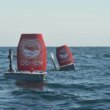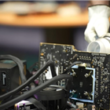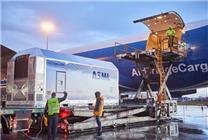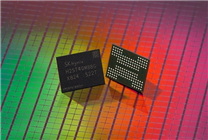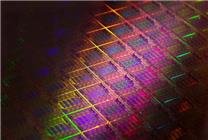Summary:
- Recent actions by Dutch authorities have forced the takeover of Nexperia, a semiconductor company owned by China’s Wingtech Technology, igniting global industry concerns.
- ASML has reassured stakeholders that it remains unaffected by the Nexperia takeover, continuing to offer its lithography machines to domestic clients.
- The situation highlights tensions in geopolitical trade relations, especially regarding semiconductor supply chains.
The Impact of the Dutch Government’s Nexperia Takeover on the Semiconductor Industry
On November 16, reports emerged regarding the abrupt takeover of Nexperia, a wholly-owned semiconductor subsidiary of Wingtech Technology from China, by Dutch officials. This unexpected intervention has triggered a significant ripple effect across the global semiconductor industry.
ASML Addresses Concerns
In the wake of this takeover, ASML, a renowned Dutch manufacturer of lithography machines, has proactively addressed concerns from industry stakeholders. The company asserted that its operations have not been compromised by the Nexperia incident. This reassurance is crucial as ASML plays a vital role in providing essential equipment for semiconductor production.
At a recent event, the China International Import Expo (CIIE), ASML showcased two of its latest lithography machines, the TWINSCAN XT:260 and TWINSCAN NXT:870B. Besides their applications in lithography production, the TWINSCAN XT:260 model is also adept at advanced packaging tasks, underscoring ASML’s commitment to innovation and support for domestic clients.
Government Actions and Judicial Decisions
The troubles for Nexperia began on September 30 when the Dutch government issued an administrative order freezing the company’s global operations. This action was justified under the "Materials Supply Law," which allows government intervention in corporate decision-making for national security reasons.
Following this, a ruling on October 7 from a Dutch court saw Wingtech Technology stripped of control over Nexperia, with 99% of its shares placed under judicial custody and the removal of its Chinese CEO. These developments severely disrupted Nexperia’s operations, halting the supply of wafers to its counterpart in China. The repercussions of this decision quickly cascaded into broader concerns, particularly affecting the global automotive chip supply chain.
Consequences for Global Supply Chains
Recent updates indicate that Nexperia Holland has ceased its wafer deliveries to Nexperia China, resulting in a substantial interruption in production. This has raised alarms within the automotive sector, with many European car manufacturers now facing potential chip shortages, a critical component for modern vehicles.
In a bid to address these escalating tensions, the Dutch Ministry of Economic Affairs is reportedly planning to dispatch a high-level delegation to China for consultations in the near future. However, the situation remains tenuous as Allianz Netherlands continues to withhold supplies to China, exacerbating the threat of shortages in the automotive industry.
Criticism and Calls for Diplomacy
The move to seize control of Nexperia has not gone unnoticed, with Dutch academics and industry experts critiquing the actions of the government. They argue that this decision jeopardizes the international reputation of the Netherlands and advocate for a diplomatic solution to the ongoing crisis.
As the semiconductor landscape becomes increasingly intertwined with geopolitical dynamics, the developments surrounding Nexperia and ASML present a significant moment of reflection for industry players and policymakers alike. The semiconductor sector, pivotal to the modern global economy, must navigate these challenges with prudence and strategic foresight.
In summary, while ASML has managed to maintain its operations amidst the turmoil surrounding Nexperia, the semiconductor industry as a whole must brace for the ripple effects of these geopolitical maneuvers.


